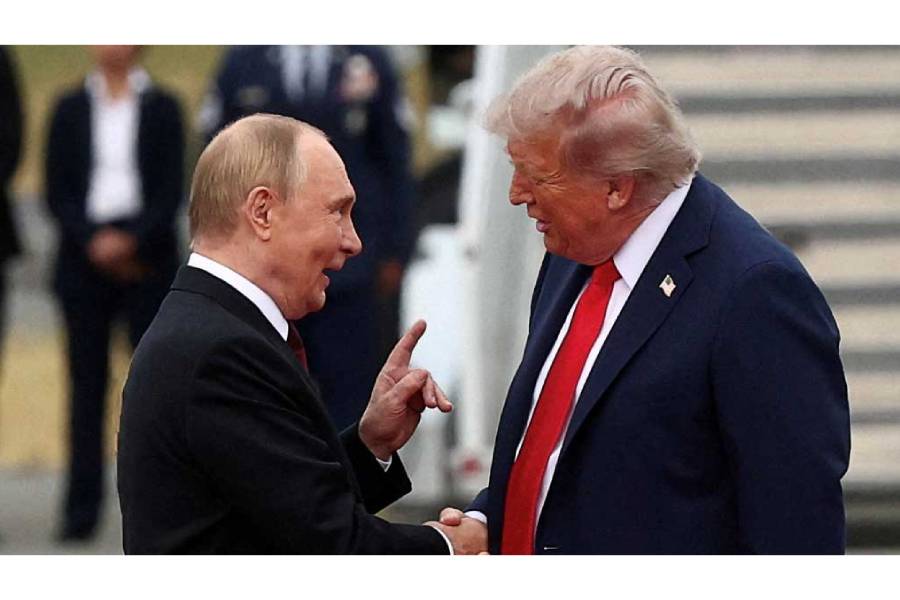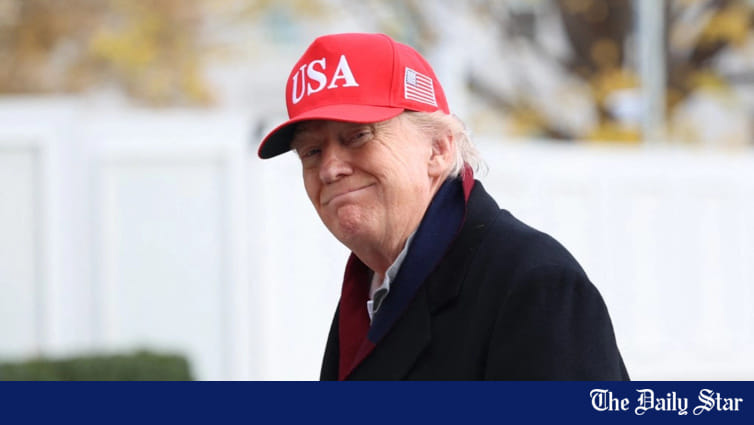Saif
Senior Member
- Messages
- 17,442
- Likes
- 8,381
- Nation

- Residence

- Axis Group


Trump says it’s possible that Putin doesn’t want to make a deal on Ukraine
US President Donald Trump on Tuesday said he hoped Russian President Vladimir Putin would move forward toward ending the war in Ukraine, but conceded that it was possible the Russian leader did not want to make a deal. “I don’t think it’s going to be a problem, to be honest with
Trump says it’s possible that Putin doesn’t want to make a deal on Ukraine
REUTERS
Published :
Aug 19, 2025 19:06
Updated :
Aug 19, 2025 19:06

US President Donald Trump on Tuesday said he hoped Russian President Vladimir Putin would move forward toward ending the war in Ukraine, but conceded that it was possible the Russian leader did not want to make a deal.
“I don’t think it’s going to be a problem, to be honest with you. I think Putin is tired of it. I think they’re all tired of it, but you never know,” Trump said in an interview with the Fox News “Fox & Friends” program.
“We’re going to find out about President Putin in the next couple of weeks ... It’s possible that he doesn’t want to make a deal,” Trump said, adding that Putin faced a “rough situation” if that was not the case.
REUTERS
Published :
Aug 19, 2025 19:06
Updated :
Aug 19, 2025 19:06
US President Donald Trump on Tuesday said he hoped Russian President Vladimir Putin would move forward toward ending the war in Ukraine, but conceded that it was possible the Russian leader did not want to make a deal.
“I don’t think it’s going to be a problem, to be honest with you. I think Putin is tired of it. I think they’re all tired of it, but you never know,” Trump said in an interview with the Fox News “Fox & Friends” program.
“We’re going to find out about President Putin in the next couple of weeks ... It’s possible that he doesn’t want to make a deal,” Trump said, adding that Putin faced a “rough situation” if that was not the case.

 War Archive
War Archive





